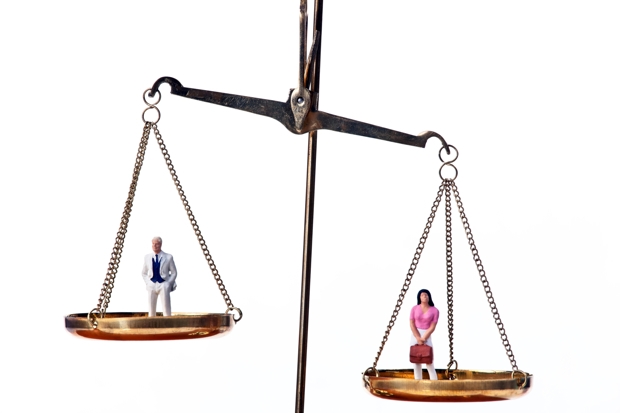Today the Prime Minister has set out to ‘end the gender pay gap in a generation’. It would be an ambitious goal, if a wage gap actually existed. According to the latest ONS figures, women between the ages of 22 – 29 earn 1.1 per cent more on average than their male counterparts and women between the ages of 30-39 are also earning more.
And it doesn’t stop there. There’s evidence that when men and women follow the same career path in the UK, women tend to out-earn and out-perform men. There is growing evidence that if you control for similar backgrounds, women actually tend to get more aggressively promoted than men by their employers.
This alleged gap that the Prime Minister refers to is actually indicative of personal lifestyle decisions, not employer discrimination. While women who choose to stay on rigorous career paths usually find themselves rewarded, many women choose to take more flexible jobs and/or years out of work to focus on different – but equally important – parts of life, like raising a family. Naturally a drastic change in working hours, work-place responsibilities and shift of focus will have an impact on one’s salary.
I’m sure I could forgive the Prime Minister for simple confusion; the problem is, he’s implementing some dangerous policy based on his faulty assumptions.
His plan to force businesses with 250+ employees to publish their ‘wage gap’ figures will create more bogus numbers and further perpetuate the myth. It is impossible to know simply by looking at the numbers on the spreadsheet why someone’s salary is a certain figure. One’s education or training, previous work experience, negotiation manoeuvres, and unique character traits will all contribute to their salary; Jack and Jill may be headed-on-up the career hill together, but they will be coming from two completely different paths.
The Prime Minster has further dared to bring his new mandatory National Living Wage into the mix; it seems his new ‘miracle policy’ isn’t just going to fix poverty, but is also a solution to institutionalised sexism too. He claims that a living wage will ‘primarily help women – who tend to be in lower paid jobs,’ while failing to mention that it will be the most vulnerable women who lose their jobs when employers run short of the cash needed to pay the increased salary. Of the 60,000 jobs the OBR estimates will be lost thanks to the implementation of the living wage, you can be sure women will be getting their fair share of that deal.
I do not doubt that sexism still has a hold on some women’s work choices in the UK, but employer discrimination simply isn’t the problem. Indeed, there is good reason to question how many women are truly happy to take time away from their careers and dedicate themselves to family life, but that requires us as a society to re-examine our traditions and lifestyles. It’s a hard, uncomfortable, but well-worthwhile task to take on the issues.
Kate Andrews is the head of communications at the Adam Smith Institute.







Comments